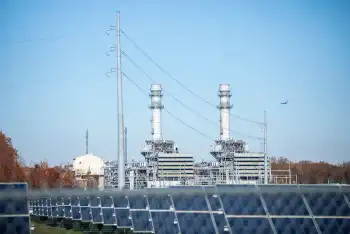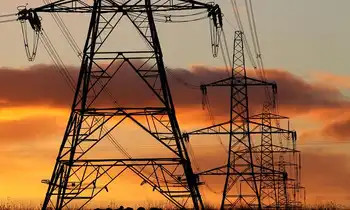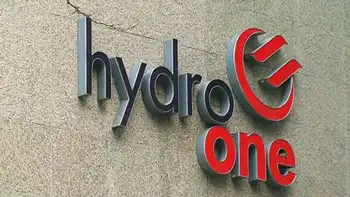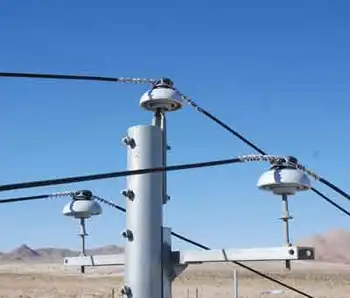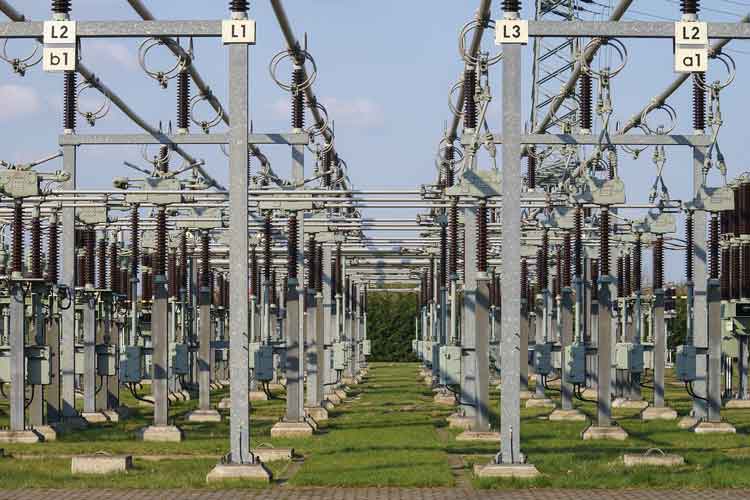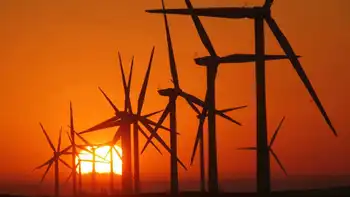Iran and IAEA not seeing eye to eye
By Reuters
Substation Relay Protection Training
Our customized live online or in‑person group training can be delivered to your staff at your location.

- Live Online
- 12 hours Instructor-led
- Group Training Available
Iran is rationing cooperation with inspectors and winning more time to persevere in a showdown with Western powers over its nuclear program, diplomats and analysts say.
They suspect Tehran is enriching uranium to fuel nuclear weapons, not diversifying its supply of electricity as it says.
The International Atomic Energy Agency reported on November 15 that Iran had finally clarified acquisitions of centrifuge enrichment technology in the 1980s and '90s from a black market run by the now-disgraced father of Pakistan's atomic bomb.
Iran's answers were "consistent with" previous findings of inspectors but had yet to be checked for completeness. The report gave no time frame for this, although agency officials earlier targeted November for resolving the matter.
Iran raised confusion by proclaiming the issue closed.
And the IAEA said it was moving on to two tougher issues - traces of highly enriched (bomb-grade) uranium found at research sites, and intelligence on links in Iran between processing of uranium, explosives tests and a missile warhead design.
"Some kind of deadline was necessary to persuade the West that Iran could not drag out answers forever," said Mark Fitzpatrick, senior non-proliferation fellow at London's International Institute for Strategic Studies.
"But knowing they can't compel Iran to turn over evidence or allow personnel to be interviewed, the IAEA can't help but fudge the standard of what it takes to close an issue. That is a major flaw of this process," he told Reuters.
Western powers challenged the IAEA-Iran pact at the start, saying it lacked a final deadline and criteria for success.
IAEA Director Mohamed ElBaradei assured them that inspectors expected to get long-sought full access to documentation, sites and personnel, all issues were to be "resolved" by the end of year and it would be a last "litmus test" for Iran.
Recently the IAEA report said Iran's overall cooperation remained partial and halting. Senior U.N. officials who spoke about it avoided talk of litmus tests, time frames or closure.
One official said "nothing gets closed ever" because "verification is a continuous process", with various issues linked, and a fixed deadline was unworkable in such a process.
U.N. officials said the transparency process was "on track", but did not rule out that it could extend into 2008.
Some analysts said the report raised concern that the IAEA's yardstick for closure and timelines were being blurred to avoid an impression of failure that could lead to conflict over Iran.
"Given ElBaradei's belief the U.S. wants to go to war with Iran and his first mission is to prevent that, he is motivated to keep this drip-drip process going along," said George Perkovich, senior nuclear security analyst at the Carnegie Endowment for International Peace, a New York think-tank.
The IAEA took the path of least resistance from Iran in focusing first on reconstructing the history of its program.
But the West is more concerned about Iran's refusal to lift a veil on the program's expanding scope today and its defiance of U.N. Security Council demands to suspend it in exchange for a suspension of sanctions and talks on a solution.
In reprisal for modest U.N. sanctions last year, Iran cut inspector access to military-linked workshops developing a centrifuge able to refine uranium 2-3 times faster than a balky, 30-year-old model now being used.
The IAEA can inspect only Iran's declared uranium conversion and enrichment sites. It may not conduct spot checks elsewhere, crucial in a nation as vast and opaque as Iran to concluding there are no parallel efforts to "weaponize" nuclear know-how.
The IAEA report also said Iran was now enriching uranium with 3,000 centrifuges, a technical milestone since this is the minimum needed to churn out significant amounts of nuclear fuel.
ElBaradei has lamented that knowledge of current Iranian nuclear work is diminishing while Iran is mastering enrichment capability without assurances that it is peaceful in nature.
"Iran will not be successful if it thinks it can cherrypick its cooperation in some areas while stonewalling on other... worrisome issues," a U.S. State Department official said.
But the IAEA report may be positive enough for Russia and China, with major trade stakes in Iran, to keep blocking steps to broader financial sanctions sought by the West.
The two believe isolating Iran will kill the transparency process. Tehran has said as much, declaring that the IAEA report showed it was telling the truth about its activities.
After the report, China dropped out of a six-power sanctions strategy meeting, forcing its cancellation.
"Iran is using the ambiguity inherent in (evaluating Iranian cooperation) to dole out just enough information to keep Russia and China from agreeing to more sanctions," said Fitzpatrick.





